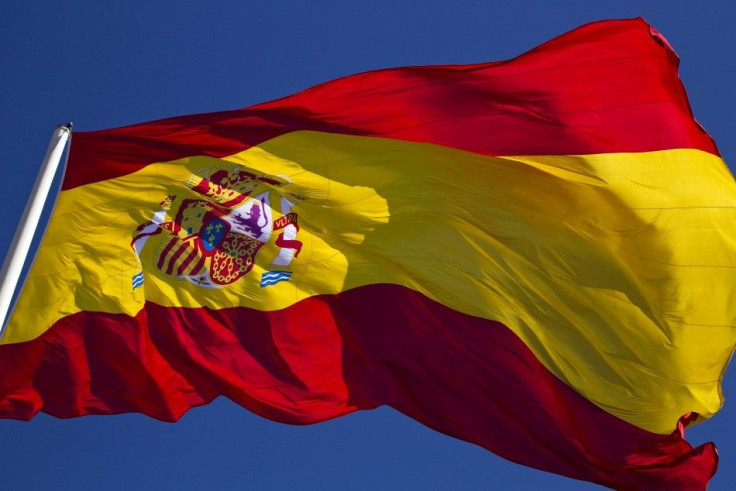Spain's Yields Rise Above Critical 6% Level

(REUTERS) -- Spain's debt yields rose above 6 percent on Monday as investors worried about its budget deficit, knocking the euro and sending safe-haven German bonds to a record last set at the height of the euro zone crisis.
U.S. stock futures pointed to a slightly higher opening for Wall Street in line with the recovery seen on most European share markets after sharp falls last week.
But Spanish stocks plunged to three-year lows and the economy minister said the country had probably tipped back into recession for the second time since 2009.
We're back in full crisis mode, Rabobank strategist Lyn Graham-Taylor said.
It is looking more and more likely that Spain is going to have some form of a bailout.
Mixed signals from the European Central Bank(ECB) over its willingness to help the market by restarting a special bond buying programme and news Spanish banks have been heavy borrowers of cheap ECB funds also undermined confidence.
Spanish 10-year yields rose 11 basis points to 6.10 percent. That is short of euro-era highs of just under 7 percent reached in November but above the psychologically important 6 percent level.
The rise typically accelerates after 6 percent, putting yields on a course for 7 percent beyond which debt costs are seen as unsustainable.
The cost of insuring Spanish debt against default also hit a record high at 522 basis points, meaning it costs of $522,000 a year to buy $10 million of protection.
Appetite for the country's debt will face further scrutiny this week when it auctions two- and 10-year bonds on Thursday.
Investors sold the common currency, pushing it to a two-month trough of $1.2994 before recovering slightly.
German bond prices gained and yields on the benchmark 10-year Bund, viewed as the euro zone's safest debt, hit a record low of 1.628 percent.
The previous record was set in November last year at the height of the debt crisis, just before the ECB injected around 1 trillion euros of cheap three-year funds into the region's banking system.
Italian 10-year yields were up five basis points at 5.6 percent on Monday due to contagion fears from Spain. That compared with the peak of 7.3 percent last November.
EQUITIES CONSOLIDATE
European equity markets were mostly higher in Monday trading, after seeing sharp falls last week when the concerns over Spain first resurfaced.
The FTSE Eurofirst index of top European shares was up 0.75 points 1,035.57 after closing 1.6 percent lower on Friday, to post its fourth straight weekly loss. Spain IBEX 35 Index was down 0.26 percent at 7231.40.
The MSCI global equity index was around 0.15 percent lower after a selloff in Asia linked to disappointing China growth data, which had also sent U.S. shares down sharply on Friday.
China doubled the size of the yuan's permitted trading band over the weekend, a key reform in the process of liberalising nascent financial markets, but it had little impact.
Oil and metals prices were suffering from the worries about Spain, but were also hit by signs of slowing demand from China and fears U.S consumers were being hurt by high gasoline prices.
The dollar index against a basket of other currencies was up 0.22 percent on Monday.
The dollar's strength also makes commodities more expensive for consumers using other currencies.
Across the board, from equities to commodities, the sentiment is risk off, Michael Poulsen, an oil analyst at Global Risk Management said.
Front-month Brent crude slipped $1.25 to $119.96 a barrel while U.S. crude oil was down 32 cents to $102.51 a barrel.
Spot gold fell 0.7 percent to $1,647.81 an ounce, off an earlier low of $1,640.64.
© Copyright Thomson Reuters 2024. All rights reserved.






















